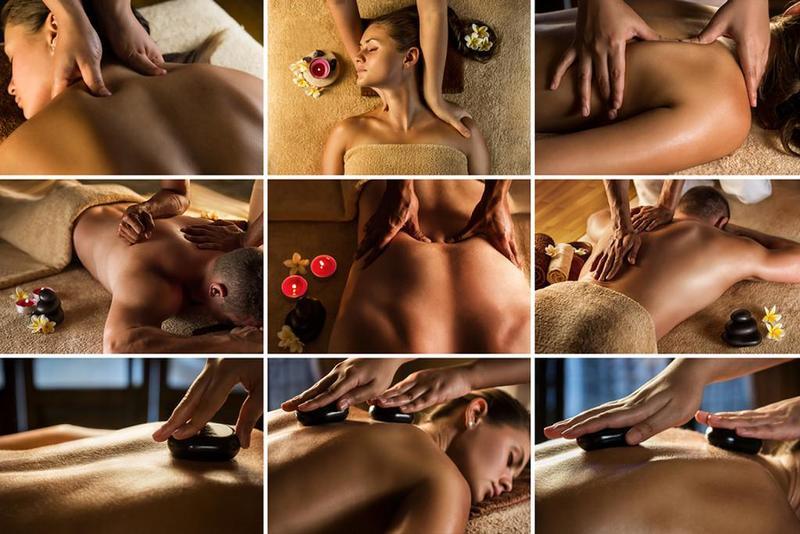How Massage Therapy Can Relieve Your Anxiety
How Massage Therapy Can Relieve Your Anxiety
If you’re struggling with anxiety (one of today’s most common mental health problems), seeking treatment with massage therapy might be worth your while. Long used to promote relaxation and offset the harmful effects of stress, massage may provide relief from both the psychological and physical effects of anxiety.
There are a number of ways in which massage therapy may benefit people with anxiety. For example, some research suggests that undergoing massage may help calm the sympathetic nervous system.
Known to set off a cascade of physiological changes in response to stress (such as increased heart rate and increased breathing rate), the sympathetic nervous system tends to be overactivated during periods of anxiety.
In addition, it’s thought that massage may help shield you from a host of health issues closely linked to anxiety (including insomnia and headaches). Massage is also said to help people with anxiety by improving mood.
The Research on Massage for Anxiety
Research on the effects of massage therapy for people with anxiety includes a small study published in Depression and Anxiety in 2010. For the study, 68 people with generalized anxiety disorder (a mental health disorder marked by persistent worrying that negatively affects daily functioning) were assigned to 10 sessions of massage therapy, heat therapy, or relaxing room therapy (a treatment that involved lying down, listening to relaxing music, and practicing deep-breathing techniques).
At the end of the 12-week study period, members of all three study groups showed improvements in anxiety symptoms (as well as in symptoms of depression).
While further research on massage and anxiety disorders is limited, a number of studies suggest that undergoing massage may help reduce anxiety associated with other health conditions.
In a study published in the Journal of Alternative and Complementary Medicine in 2013, for instance, back massages were found to significantly decrease anxiety in people with congestive heart failure. Massage also appeared to improve the participants’ blood pressure.
There’s also some evidence that receiving massage may lower anxiety in people with fibromyalgia, as well as in older adults who have had a stroke and in people undergoing cancer treatments such as radiation therapy and chemotherapy.
Additionally, some studies indicate that massage therapy may help reduce anxiety and lessen pain during labor.
Alternatives to Massage for Anxiety Relief
Massage is just one of many alternative treatments that may help control anxiety issues. Research shows that therapies like acupuncture and hypnosis may be useful for those who frequently experience anxiety. What’s more, taking up relaxation techniques like meditation and yoga may offer an everyday strategy for anxiety relief.
Some natural remedies may also help soothe anxiety symptoms.
These remedies include herbs like kava, passion flower, and ashwagandha.
Caveats
It should be noted that massage should not used as a primary treatment strategy among people with anxiety disorders (such as panic disorder and post-traumatic stress disorder). When improperly treated, anxiety disorders can worsen and impair your daily functioning.
Common symptoms of anxiety disorders include frequent feelings of nervousness, fear, and/or panic; difficulty sleeping; irritability; heart palpitations; and an inability to concentrate. If you’re experiencing any of these symptoms, make sure to consult a mental health professional prior to attempting to treat your anxiety with massage therapy.
by Cathy Wong For Very Well
Be the first to post a message!
